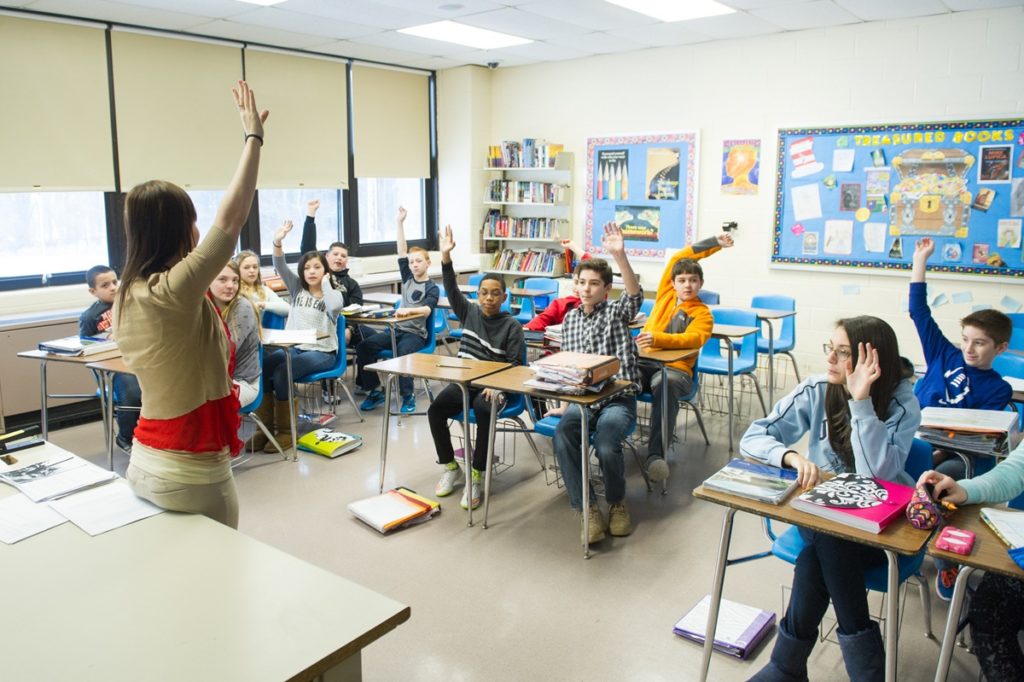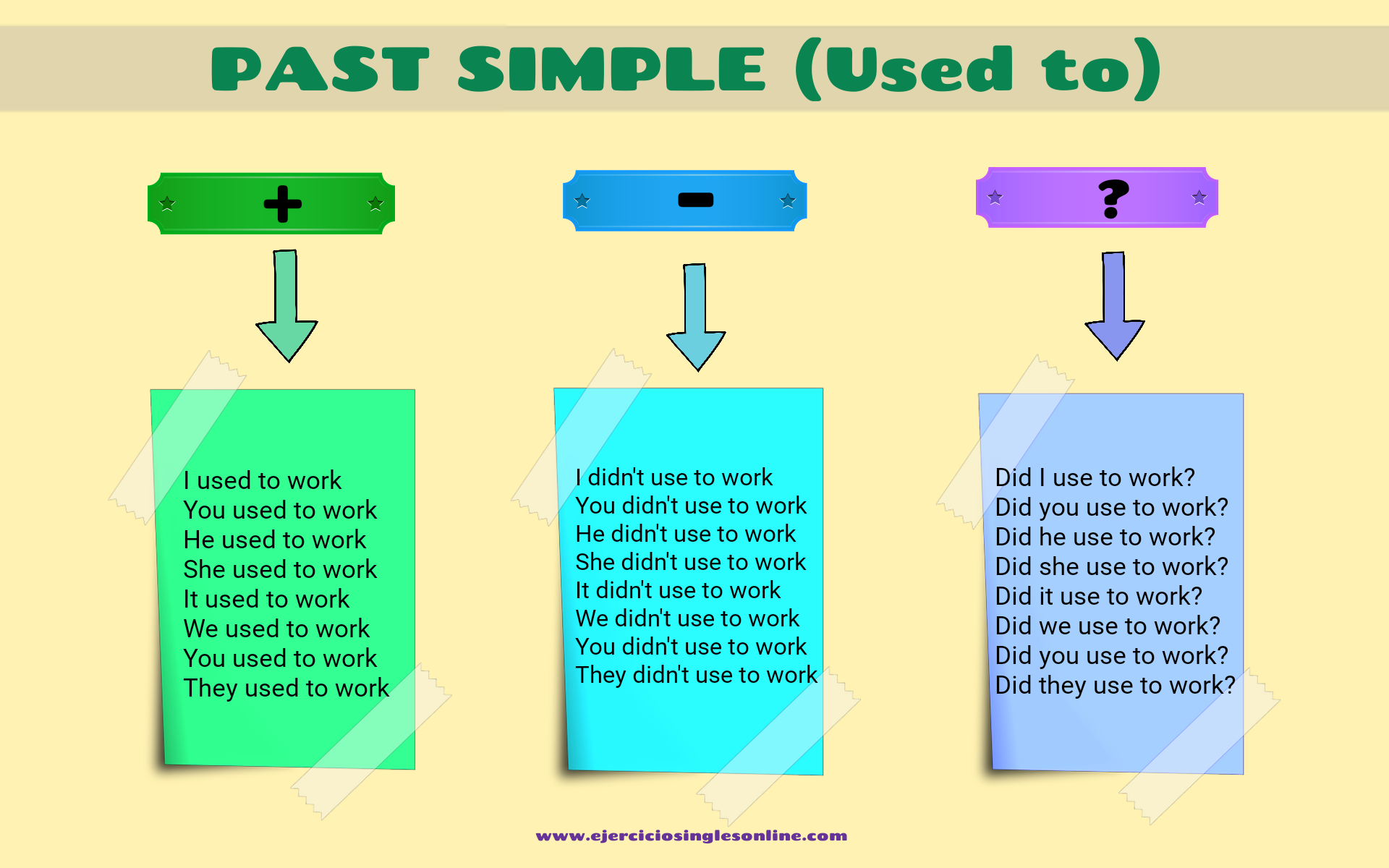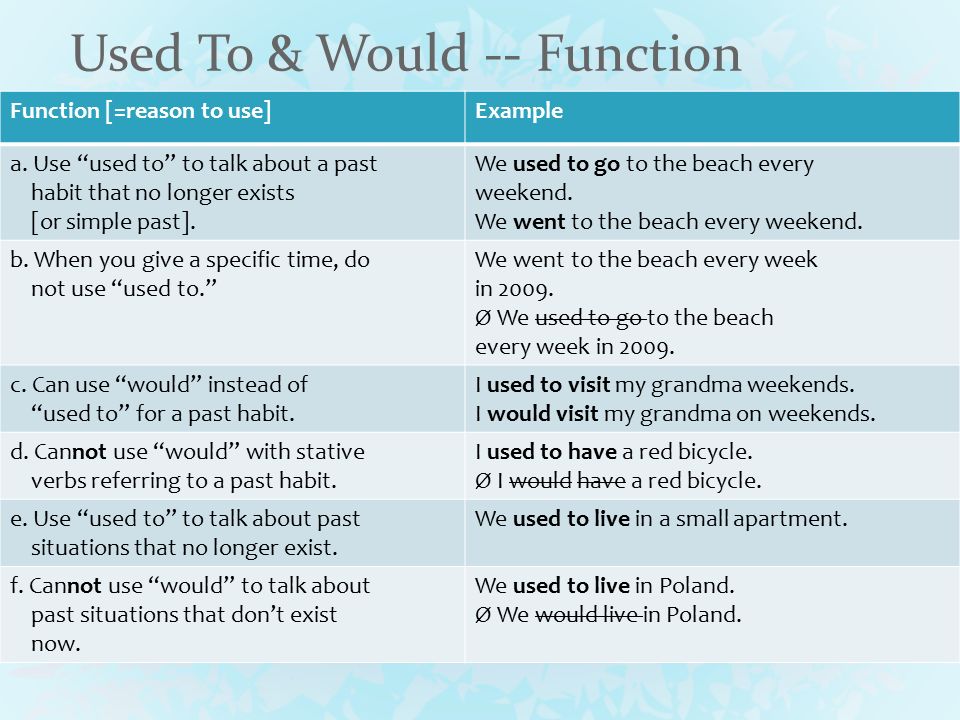SAMPLE SPEAKING TEST
SALAFARI ENGLISH: ESL/EFL BLOG
English as a foreign or second language (EFL or ESL)
Wednesday, 7 May 2025
My First Job
Wednesday, 5 March 2025
Wednesday, 26 February 2025
Study Time
zero conditionals in films
PHRASAL VERBS
EXTRA RESOURCES
Tuesday, 25 February 2025
Tuesday, 11 February 2025
QUANTIFIERS
QUANTIFIERS: EXPLANATION AND PRACTICE
Exercise 1: much, many, little, few, some, any
Exercise 2: a/an or some
Exercise 3: a few / a little
Exercise 4: a few / a little in sentences
Exercise 5: how much / how many
Exercise 6: much / many
Exercise 7: much / many in questions
Exercise 8: questions and negative sentences
Exercise 9: some / any
Exercise 10: some / any in affirmative and negative sentences and questions
Exercise 11: much, many, a lot, little, few, some, any, no
Exercise 12: much, many, a lot of, a little, a few
Exercise 13: some, any, much, many, a lot of, a little, a few
Exercise 14: too much / too many / (not) enough
Monday, 10 February 2025
STUDENT DAYS
liveworksheets.com
TELL A STORY
VIDEO, EXPLANATION AND PRACTICE
USED TO
USED TO / WOULD (EXPLANATION AND ACTIVITY)
We can use "would" to talk about repeated past actions that don't happen any more.
We don't normally use the negative or question form of "would" for past habits.
We don't use "would" to talk about past states.
QUIZ
LET'S PRACTISE
BE CAREFUL!
USED TO vs BE USED TO
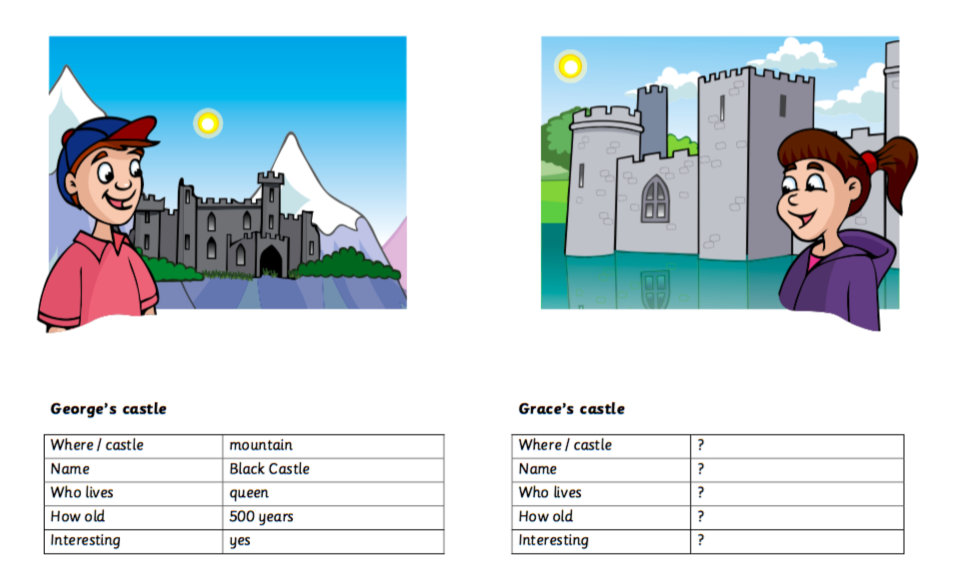
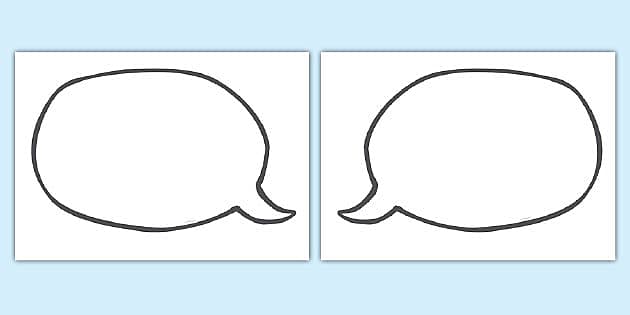




:max_bytes(150000):strip_icc()/GettyImages-678818675-JBS-junior-boarding-school-589151d85f9b5874eee23695.jpg)
